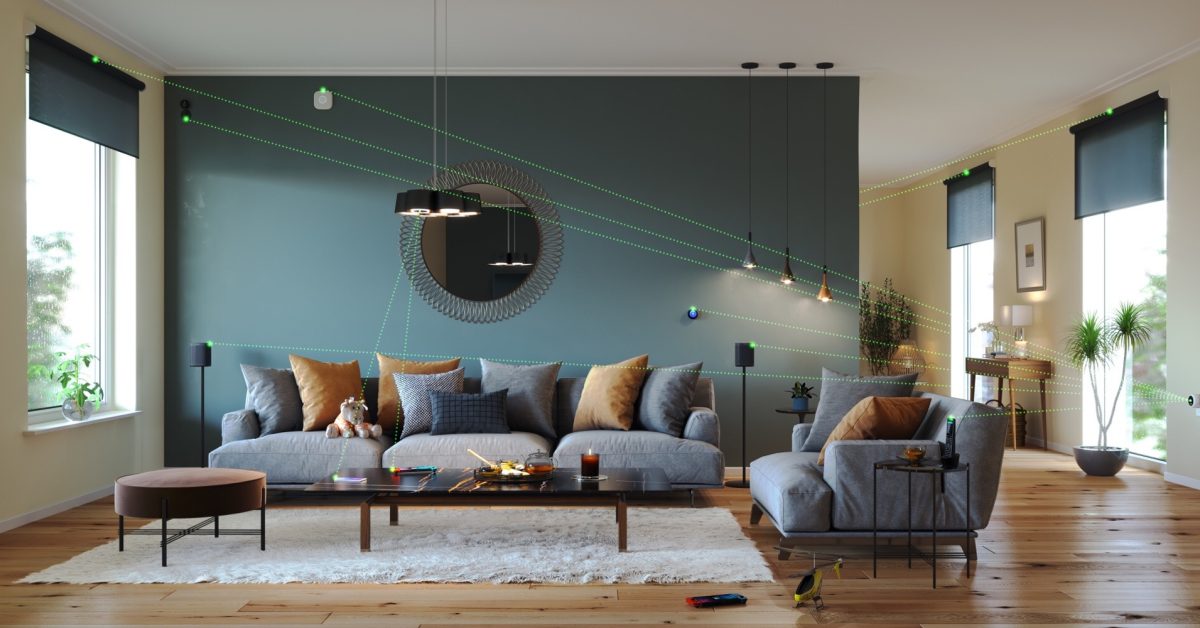Belkin now says ‘it’s too early’ to talk about truly wireless chargers

Wi-Charge, an Israeli startup, announced its plans for a wireless charging system. This charger would be able to charge the phone without having to rest on a Qi-base. Ori Mor, Wi-Charge CEO mentioned earlier this week that the product might be available as early as this year due to a partnership between Belkin. However, now accessory manufacturer Belkin says it is “too soon” to discuss it.
Belkin spokesman Jen Wei confirmed in a statement (via Ars Technica) that the company has been working closely with Wi-Charge on product concepts. However, the launch of a truly wireless charger could still take years, contrary to what Wi-Charge’s CEO said.
According to Belkin, both companies are committed to studying and developing new technologies to make truly wireless charging a reality, but a product with this technology will only be released to the market after multiple tests to confirm its “technical feasibility.”
“Currently, our agreement with Wi-Charge only commits us to R&D on some product concepts, so it’s too early to comment on the timing of viable consumer products,” Wei said in an emailed statement to Ars Technica.
“The Belkin method is to thoroughly investigate technology viability and perform deep user testing before committing to a product concept. Here at Belkin, we only launch products when we confirm technical feasibility backed by deep consumer insights.”
It seems unlikely that Belkin would introduce a wireless charger in this year’s market. Even so, it’s great that companies are experimenting with this technology.
WiCharge technology uses a transmitter that plugs into a wall socket. This converts electricity to safe infrared radiations, which can be used wirelessly to send power. Devices around this transmitter can absorb energy within a radius of 40 feet or 12 meters. The transmitter can deliver up to 1W of power, which is not enough to recharge a smartphone but works well with accessories like headphones and remote controls.
Since the 2022 deadline has been ruled out, perhaps we’ll see the first products with this technology sometime in 2023.
Source: 9to5mac.com